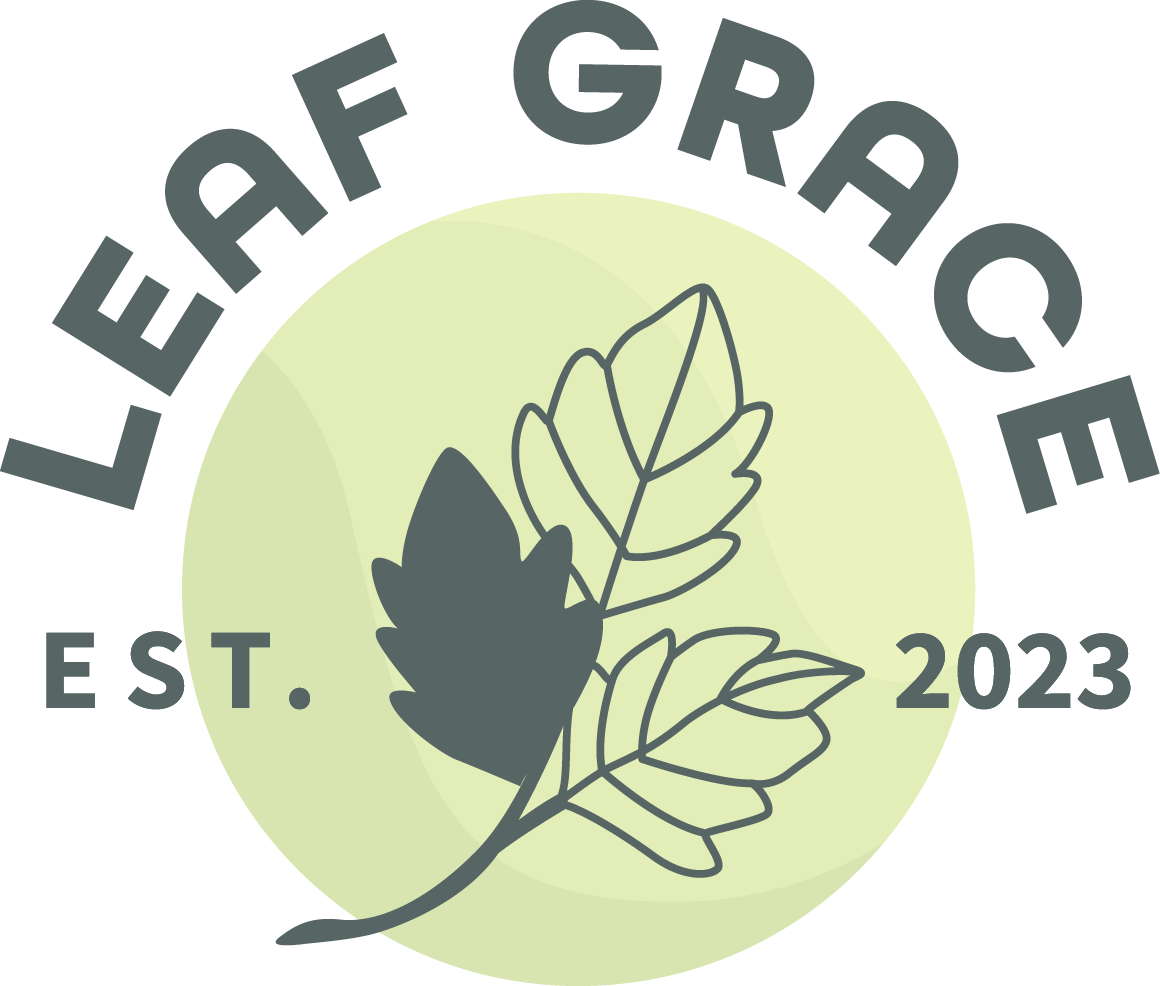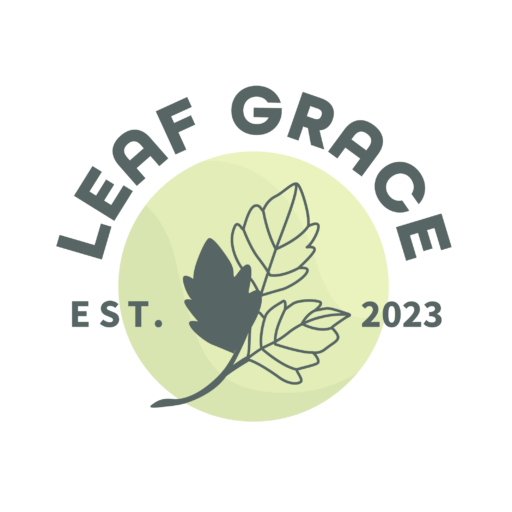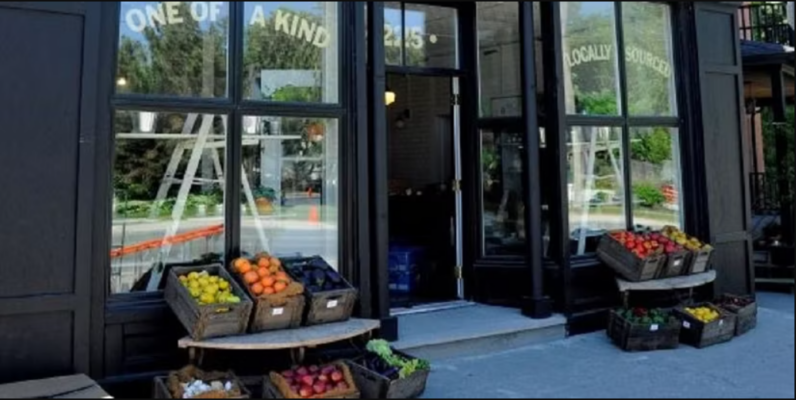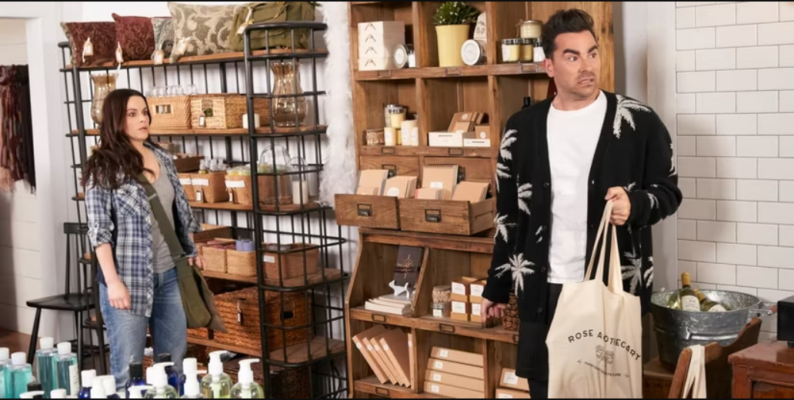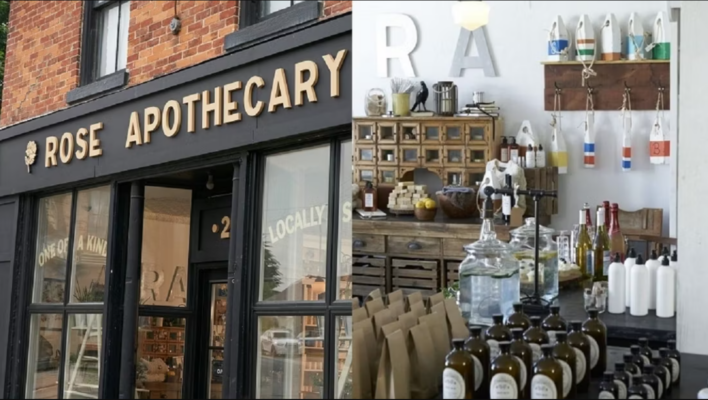Schitt’s Creek introduced us to the charming Rose Apothecary, a space—or more accurately, an “immersive environment”—that every neighborhood could use, where customers could easily spend hours browsing goat milk body products or sampling a variety of votive candles. It was a store that no one imagined could thrive in a small town like Schitt’s Creek—until David Rose came along and made it happen.
As delightful and unique as Rose Apothecary’s offerings are, there are a few aspects of the store that just don’t add up. Recently, artisanal beauty brand Beekman 1802 launched an official Rose Apothecary collection featuring functional goat milk soaps and body milk, making it a good time to revisit some details about the store that don’t quite make sense.
No matter how eclectic Rose Apothecary’s product line may be, selling items like blue cheese, expensive tapenade, and wine alongside toilet plungers and buckets is a questionable choice. The store’s unique selling point (USP) is its curated selection of authentic, locally-sourced products across niche beauty and lifestyle categories. Stocking bathroom tools like plungers seems at odds with this refined approach. While David is understandably upset when Patrick places the plungers near the front desk because it’s off-putting, the real question is why Rose Apothecary would carry them in the first place.
One reason Rose Apothecary was never bustling with customers could be its focus on luxury beauty products, locally produced but branded under the store’s logo. While the concept is novel, selling an $18 toner in a small town like Schitt’s Creek—a place with a population that likely can’t afford such luxuries—was always going to be a tough sell.
It would have been nearly impossible for David and Patrick to generate repeat customers unless they built a loyal clientele who saw the value in incorporating goat milk soaps and $15 hand lotions into their daily routines—and, of course, had the means to afford them. Given that Schitt’s Creek is not a business hub, they also didn’t attract many out-of-town visitors, making a luxury beauty brand seem out of place.
Then there’s the question of why Rose Apothecary has unpolished crates of raw fruit at the door. While offering fresh strawberries or apples is one thing, it doesn’t align with the store’s overall aesthetic. Plus, residents of Schitt’s Creek aren’t likely to visit Rose Apothecary for their produce needs, especially since the town has a farmer’s market and possibly other local sources for fresh fruits and vegetables. While some luxury stores do stock a limited range of fresh produce to enhance their homegrown vibe, it doesn’t seem fitting for Rose Apothecary.
Another challenge for customers at Rose Apothecary is the difficulty in navigating the store’s diverse product range. A store offering such a wide array of products—from skincare and fashion to lifestyle and home goods—needs clearly marked sections. Without them, it’s harder for customers, especially newcomers, to find what they’re looking for. While many products are displayed on shelves, they aren’t compartmentalized, and some are wrapped in nondescript brown packaging, making it difficult for customers to identify what’s what without inspecting each item individually.
In addition to the lack of clear organization, the store also doesn’t highlight what’s new or in high demand. While this may have been a deliberate choice by David and Patrick to foster personal connections with their customers, not everyone wants that kind of interaction. Many beauty shoppers appreciate being introduced to new products or being informed about items that are back in stock, but Rose Apothecary doesn’t make that easy.
Another question that arises is the credibility of the beauty vendors in and around Schitt’s Creek. David was determined to stick to locally-sourced products made by local communities, which makes sense given the town’s limited resources and the absence of luxury outlets. However, as the store grew and attracted a steady customer base, why didn’t it branch out to include other reputable brands from New York or LA? Initially, focusing on local suppliers made sense when they were operating on a tight budget, but as the business became more established, it might have been beneficial to expand their offerings.
Independent beauty stores and niche retailers often stand out for their personal touch, something David clearly valued. But despite this, Rose Apothecary’s interior lacks a distinct personality or cohesive vibe. Instead, it’s a mix of elements that suggest quaintness, like indoor succulents, antique apothecary tables, ladder windows, and Colonial-era shelving. However, these elements don’t necessarily come together to create a unique atmosphere that reflects the store’s identity.
Lastly, the absence of a beauty fridge at Rose Apothecary is a surprising oversight, especially from the show’s art directors. Many skincare products need to be stored at cool temperatures, and if they’re being kept for more than a few weeks, refrigeration is essential to maintain their freshness. The lack of a beauty fridge seems like a missed detail for a store as carefully curated as Rose Apothecary.
